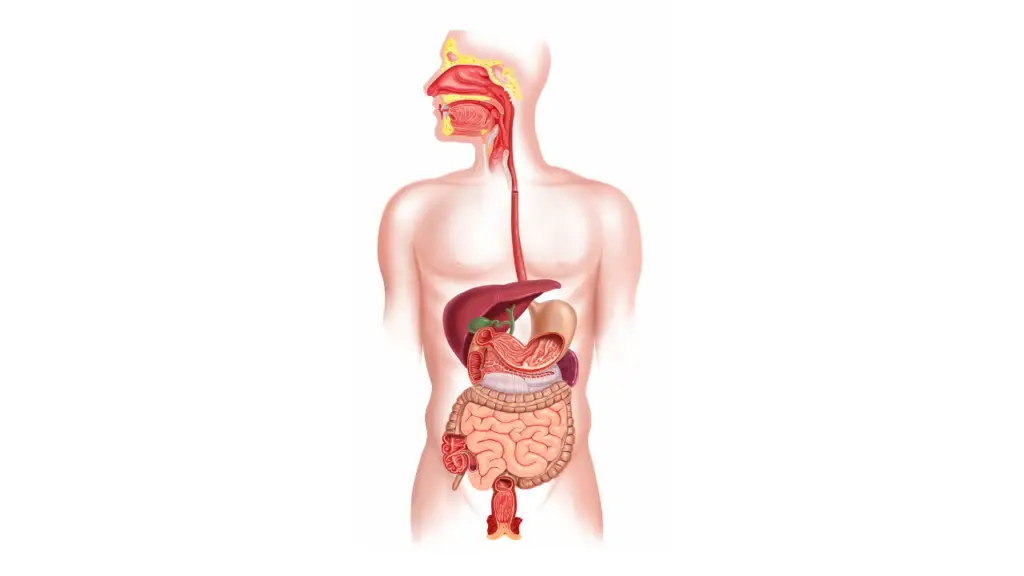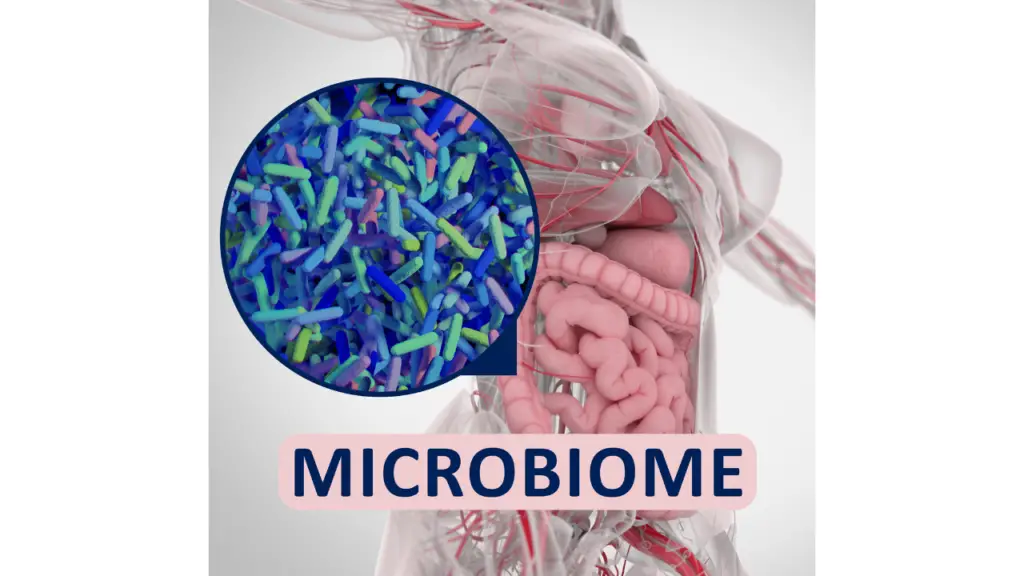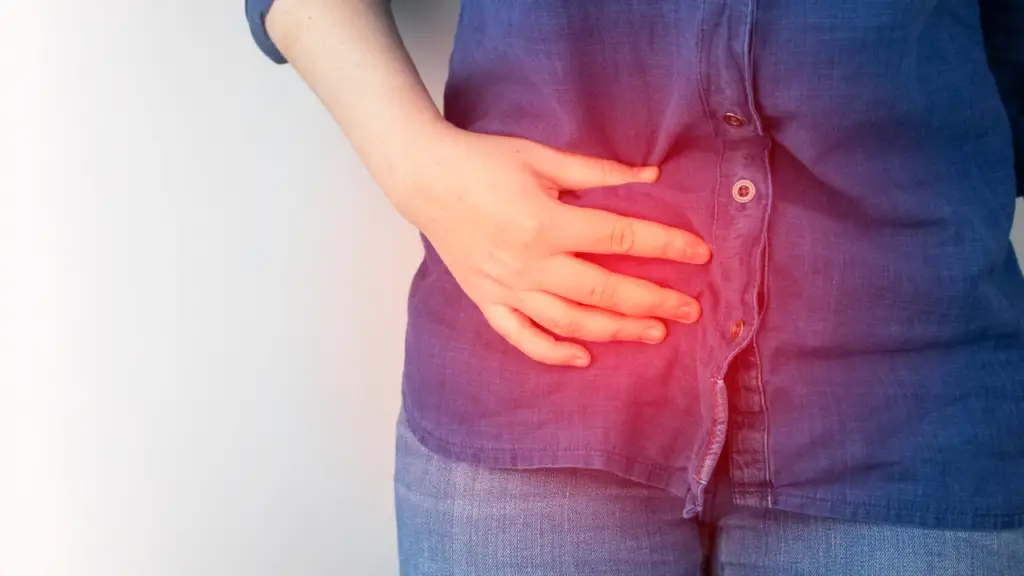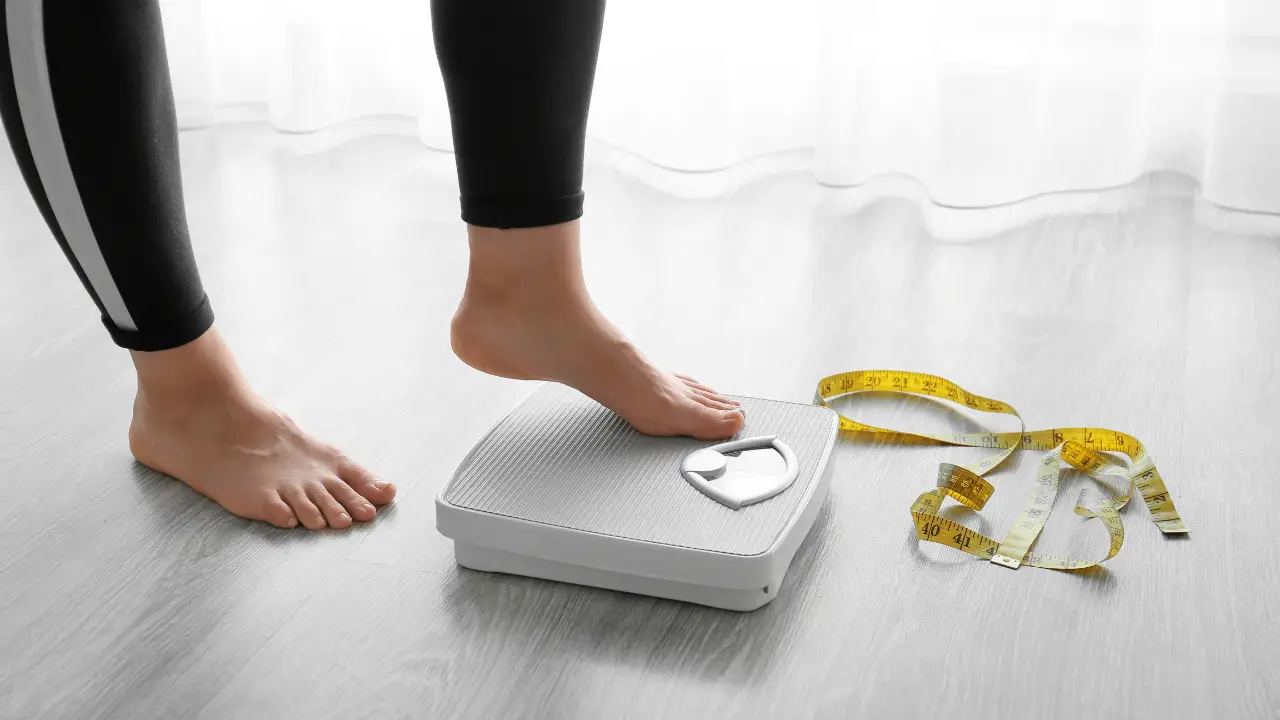Have you been venturing through the world of weight-loss strategies, and nothing seems to be working? You have tried diets, exercise, and supplements. But it is hard not to become disappointed when you don't see your waistline going down. Before you lose all hope, you're not alone; there may be a reason behind it.
How does a body's gastrointestinal system decide whether to lose weight? Keep reading to find the answer to that question and a lot more! You may be wrong if you've never believed that your gut health could be behind your weight loss failure.
What is Gut Health?
You don't have to listen to a Biology lesson to dive into today's question. But, to understand the connection between gut health and weight loss, it's fundamental to know what gut health is.
When you eat food, it takes a complete trip before excretion. The food journey starts from your mouth, passes through the food tract, stomach, and intestines, and ends at the rectum. The gastrointestinal system's organs include the pancreas, liver, and gallbladder.

We've covered the gut system, but you might wonder what happens there. The gut does a lot! Your digestive system breaks down food and processes it, absorbs nutrients and produces energy.
Another one of its responsibilities includes pushing excretory materials and toxins toward the rectum. So the next time you visit the loo too much or not enough, you should look at your gut health.
What is Gut Microbiome?
Your body hosts trillions of bacteria, most of which live in your gut. You might be squirming at the idea of this many pathogens inside your body, but they're good for you! That's right; our gut has good bacteria alongside bad ones.
These bacteria carry out more functions than you'd expect. They lend a hand in each process of the gastrointestinal system, like breaking food, nutrient absorption, and energy production.
Undoubtedly, your gut system is best when you have a balanced microbiome. Additionally, gut microbiome diversity is another crucial factor influencing your gut health.

Before you start scratching your head, gut microbiome diversity means a lot of different bacteria species in your gut. The more types of good bacteria there, the better your gut health.
Dysbiosis is one of the primary causes of many gut conditions, one of which is obesity. Conversely, dysbiosis is common in many people, an imbalance in the gut microbiome. Ultimately, this means there are more bad bacteria than good bacteria in your gut.
Is There a Connection Between Gut Health & Weight Loss?
We have discussed the importance of gut health and how the microorganisms are residing there aid in digestive functions.
But you might be surprised that that isn't the only thing that good bacteria are good at. Our gut microbiota has been linked to controlling weight gain and speeding up weight loss in numerous ways.
And we also know for a fact that a significant portion of our gut health relies on the gut microbiota. So, it is synonymous to say that there are several direct and indirect connections between gut health and weight loss. Let's discuss some of them:
Metabolizing the extra food:
We, as human beings, are the most complex living organisms. We have a different take on life than the rest of the species.
Bacteria, on the other hand, have a simple outlook on life. After birth, they mostly care about and get on with their simple functions as long as they are well-fed.

The good bacteria in our gut rely on our food to extract the energy vital for survival. But, while doing that, the bacteria also greatly favor us. Not only do they metabolize the extra food, but they also leave behind compounds that our body typically requires.
So, bacteria can regulate the nutrients you absorb and influence energy storage positively. Moreover, this process also creates compounds that further assist our body in weight loss.
Inducing satiety:
You might have noticed that a friend can down an entire pizza. On the other hand, you might feel full after eating a single cheeseburger. So, the feeling of hunger and satiety vary from person to person.
People who are lean or have a good BMI usually feel full more quickly than overweight people. The gut microbiota of these people plays a crucial role in inducing satiety.
Firstly, these microorganisms produce and regulate hormones like peptide YY, GLP-1, ghrelin, and leptin. These hormones, in turn, suppress hunger and induce satiety.

Remember the compounds that the bacteria create after digesting the food we eat? One of those compounds travels to the brain, directly stimulating the portion that regulates appetite and induces satiety.
Regulating fat and carb metabolism:
It is common knowledge that obesity and weight gain usually result from excessive fat and carb intake. The body is typically dependent on fats and carbs to obtain energy and perform vital functions.
But when the input is more than the required amount, the rest of the carbs and fats accumulate. The body secretes insulin, which stores these compounds in the fat cells, which are abundant in your belly.
Although the exact mechanism is unknown, a healthy gut microbiota prevents weight gain by regulating this metabolism. Due to their activities, our body manages blood glucose and fat levels more efficiently and helps us lose weight.
Some bacteria help decrease insulin resistance and monitor the absorption of fats from the intestine and their storage.
Preventing inflammation:
Sometimes, we eat excessive fat, calories, or sugar. Not only do these compounds cause weight gain directly, but they also raise the blood levels of some harmful toxins. LPS is a compound produced by some bacterial species when they feed on a high-calorie diet.
When the concentration of LPS crosses a specific limit, it leads to an inflammatory reaction that increases blood sugar levels. This inflammatory reaction eventually results in insulin resistance and weight gain.

After clinical tests, it was found that obese patients have higher levels of LPS in their blood. A couple of species of bacteria do not allow LPS to rise to that particular level. On the other hand, lean people have a higher concentration of bacteria that prevent LPS accumulation.
Thickening the gut lining:
A layer of mucus lines the entirety of our digestive tract. This lining has many functions, including bolstering the immune system, absorption of nutrients, and protection from harmful metabolites. So, a thicker gut lining helps in better digestion of food and weight loss.
After research, it has been found that a strain of bacteria in our gut assists in thickening the gut lining. It stimulates the production of mucus, which makes the barrier stronger. As a result, harmful toxins are stopped from crossing this barrier, while the uptake of essential nutrients is enhanced.
We just talked about a toxin called LPS. If your gut lining is weak, LPS has a higher chance of crossing the barrier and entering your bloodstream. But, with a more robust and thicker mucus lining, fewer LPS enter the blood, which helps in weight loss.
Digesting fiber:
Another factor that makes bacteria a promising weight loss tool is their ability to digest bacteria. Some species are far better at dealing with fiber, while others could be better at this task.
For this reason, health experts consider diverse gut bacteria a great option to reduce body weight. Contrastingly, those who don't have diverse gut bacteria, especially the fiber-digesting species, find it hard to lose weight.
Can You Improve Your Gut Microbiome?
Considering the gut microbiome could be why you can't lose weight, you would want to improve it. Like everything else in your body, genes are the masterminds behind the makings of the gut microbiome. If you have or don't have a particular bacteria type in your system, genes are partially the reason.

However, with that said, your lifestyle also plays a primary role in the gut microbiome. Your diet and physical exercise routine affect those bugs in your gut. Indeed, a healthy lifestyle means a healthy gut, but how do you get around doing that?
Here's what you can do for the betterment of your gut microbiome and gut health in return:
Stock Up on Probiotics
The #1 thing you can do to increase microbiome diversity is to eat more probiotics. Let's take a step back if you need to learn the term.
Probiotics are foods that naturally contain bacteria, such as yogurt, kefir, miso, pickles, etc. These probiotics are good bacteria that benefit the human body. Once in your gut, they can help promote good bacteria growth.
Again, abundant good bacteria in the gut are directly linked to a healthy lifestyle and better weight management.
Don't Leave Prebiotics Out
You have good bugs in your gut, but you must keep them happy. To do so, they must be well-fed to perform functions that assist the gut process.
The foods that fall in this category are called prebiotics. The twist in the story is that while humans can't digest these compounds, bacteria thrive on them. Whole grains, fruits, and vegetables are the best source for maximum prebiotic intake.
Eliminate Processed Foods
Snacking on junk food could keep those hunger pangs in control, but they're no good for your gut health. They're a high-fat food source with little to no nutrition in most cases. In fact, following the typical western diet means ruining your gut health.

Therefore, another important step for better gut health is to empty your pantry of processed foods. It may seem impossible to eliminate processed foods, but it's best to rely more on whole foods.
Keep It Moving
The gut microbiome world is still new to medical researchers. Regardless, several studies have shown that exercise can improve your microbiome.
Daily exercise not only promotes diversity but also the production of good bacteria. In contrast, those with a sedentary lifestyle often suffer from dysbiosis or the overgrowth of harmful bacteria.
Final Take
Your gut health says a lot about the entire body, let alone your weight. Each person has a unique microbiome.
In other words, one weight loss strategy that helps you lose a few pounds may not work for someone else. And all of that has to do with the type of bacteria in your gut.
So, to improve your gut health and microbiome diversity, shift to a healthy lifestyle with the tips mentioned above.






